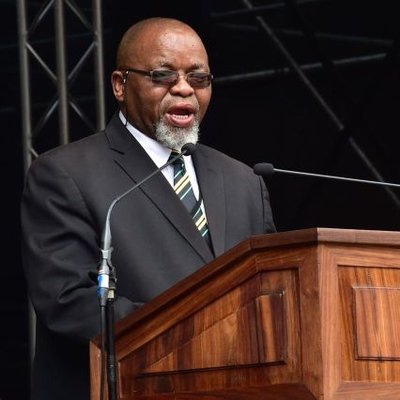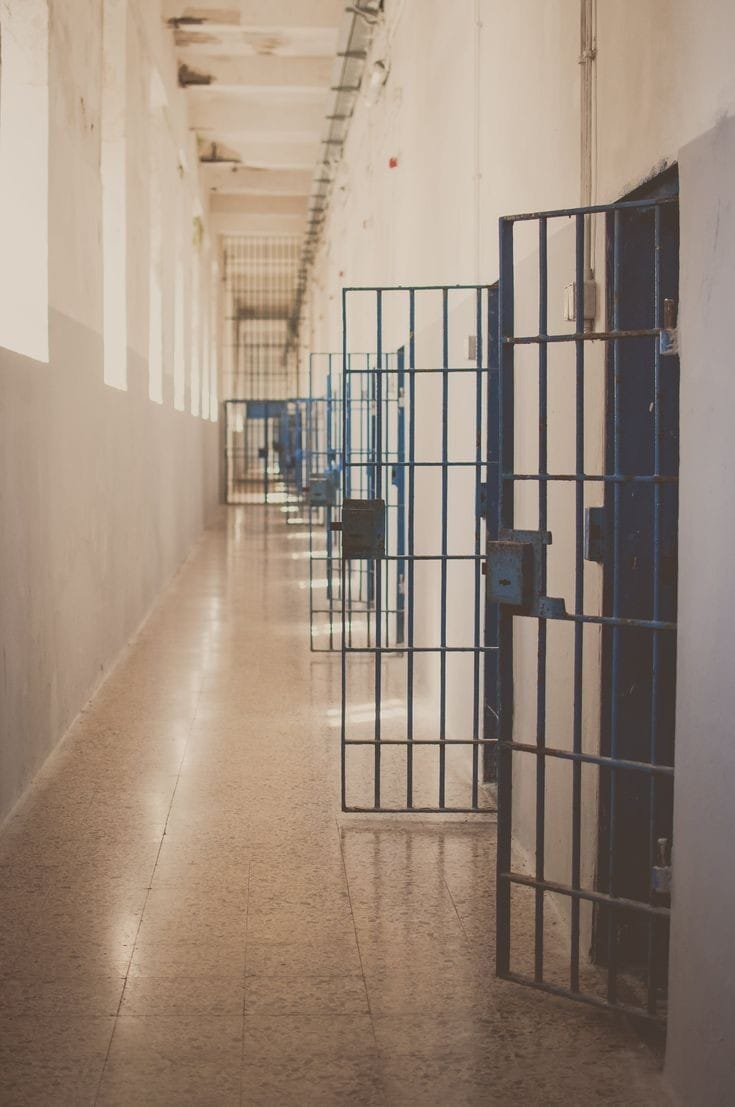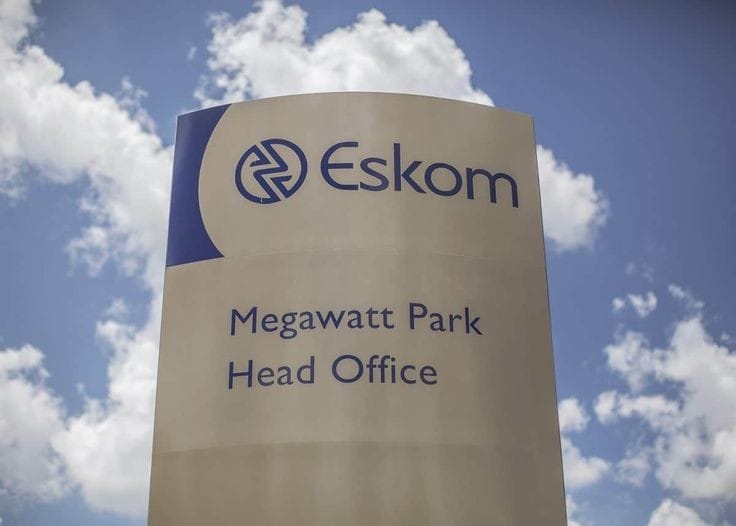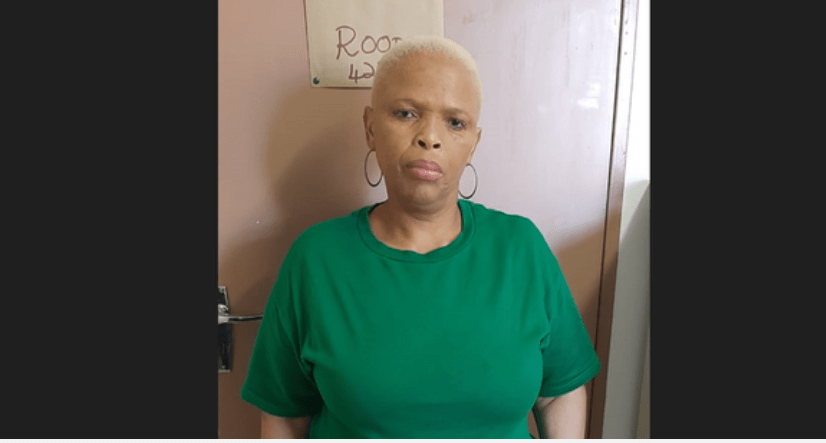Minister Gwede Mantashe, overseeing Mineral Resources and Energy in South Africa, delivered a stern message to the private sector during his address at the Africa Energy Indaba in Cape Town. His words echoed through the conference hall, resonating with a sense of urgency and responsibility. Mantashe urged businesses to shift from a stance of mere complaint to one of proactive collaboration with the government in addressing the nation’s energy challenges.
The backdrop of his speech was fraught with concerns over South Africa’s gas and electricity supply. Business groups and industry experts had sounded the alarm, warning of an imminent gas shortage within two years. The commercial disputes between Sasol and its customers added fuel to the fire, raising fears of an energy crisis.
Acknowledging these concerns, Mantashe assured the audience that plans were underway to tackle the looming shortage. One significant development was the acquisition by iGas, a subsidiary of the Central Energy Fund (CEF), of an additional 40% ownership of the Republic of Mozambique Pipeline Investments Company (ROMPCO) pipeline. With South Africa and Mozambique now jointly owning 80% of the pipeline, the stage was set for enhanced gas supply.
Moreover, South Africa had inked a gas sales agreement with Mozambique’s state-owned hydrocarbon company, promising a potential delivery of up to 200 petajoules of natural gas. Mantashe also highlighted recent gas discoveries by TotalEnergies and Kinetiko Energy, heralding a new era of energy security and industrialization in the country.
Yet, amidst these developments, Mantashe emphasized the need for collaboration between the public and private sectors. He underscored that when the state makes discoveries, it often relies on private sector companies to actualize projects. It wasn’t about government versus the private sector but rather cooperation for mutual benefit.
“The private sector must be a willing participant,” Mantashe declared, “not merely a crying baby seeking government intervention when challenges arise.”
He challenged both sectors to take ownership of their roles in addressing issues, asserting that responsibility lay with both the state and businesses involved. Mantashe didn’t shy away from acknowledging the frustration stemming from load shedding, but he also urged consideration of the broader context, including efforts over the past three decades to improve electricity access.
However, Mantashe’s message wasn’t without criticism. Some pointed out that the Department of Mineral Resources and Energy (DMRE), under his leadership, had been a hindrance to private-sector electricity generation. President Cyril Ramaphosa’s intervention in 2021 to open up the electricity market came perhaps too late to prevent severe load shedding episodes.
Despite these critiques, Mantashe’s call for collaboration reverberated across the conference hall. It served as a reminder of the interconnectedness of stakeholders in South Africa’s energy landscape and the imperative of collective action in navigating challenges.
In the wake of Mantashe’s speech, there was a renewed sense of urgency among businesses to engage constructively with the government. Roundtable discussions ensued, with industry leaders brainstorming innovative solutions and pathways for collaboration. The private sector began to see itself not merely as a passive recipient of government policies but as an active partner in driving change.
As the conference concluded, optimism mingled with determination. The road ahead was fraught with challenges, but there was a newfound resolve to confront them head-on. Minister Mantashe’s call to stop crying and start collaborating had ignited a spark of unity and purpose in South Africa’s energy sector. And as stakeholders departed the Indaba, they carried with them a shared commitment to building a more resilient and sustainable energy future for the nation.
In the aftermath of Mantashe’s speech, the atmosphere in the conference hall remained charged with anticipation. Conversations buzzed among attendees, echoing Mantashe’s call for proactive engagement and partnership. Business leaders exchanged contact information, eager to continue discussions beyond the confines of the event.
Outside the hall, journalists scrambled to capture reactions from industry insiders. Opinions varied, with some expressing skepticism about the government’s ability to follow through on its promises. Others, however, saw Mantashe’s remarks as a watershed moment, signaling a potential shift in the dynamics of South Africa’s energy landscape.
Amidst the flurry of activity, a sense of unity began to emerge—a shared recognition that the challenges facing the nation’s energy sector were too complex for any single entity to tackle alone. Calls for collaboration reverberated not only within the conference but across the broader business community.
In the days following the Indaba, working groups formed, comprising representatives from both the public and private sectors. These groups set out to identify specific areas where cooperation could yield tangible results. From investment incentives to regulatory reforms, ideas flowed freely as stakeholders rolled up their sleeves and got to work.









